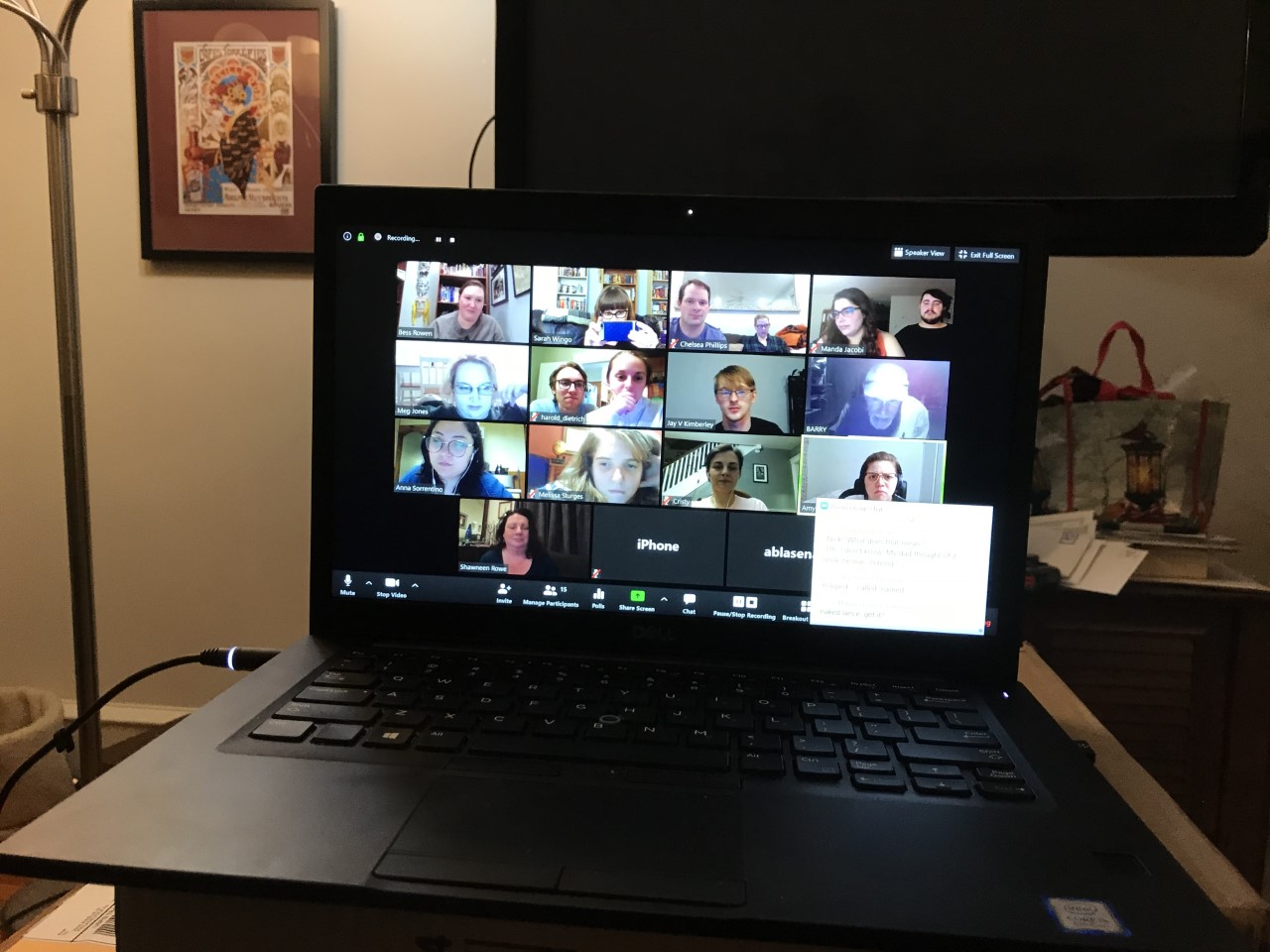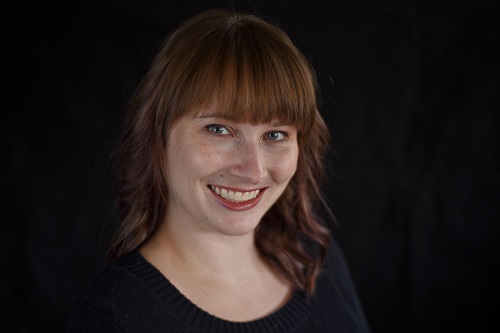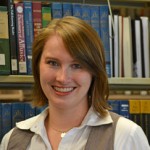
Maybe you’ve got plans with a special someone or maybe February 14th is just another day for you. Whatever your feelings about Valentine’s Day, there’s never a bad time to fall in love with a new book. Below Falvey librarians and staff share a book they have read and loved, or a book that they’re looking forward to getting to know in 2015.

Staff Picks: Books We Love
Book Title: Cat’s Cradle
Author: Kurt Vonnegut
Rob LeBlanc loves this book because: It’s a hilarious story about love, religion, people rubbing their feet together, executions on a giant fish hook, and the end of the world! What’s NOT to love!
Book Title: Company of Liars
Author: Karen Maitland
Chris Hallberg loves this book because: Company of Liars was pitched to me as a retelling of The Canterbury Tales and the resemblance is uncanny. This brilliant work of historical fiction is packed with dark secrets, amazing twists, and incredibly accurate details that paint a picture of era of the Black Plague like no other. Follow an unlikely group of travelers through these pages or listen to the audiobook, the narrator delivers an absolutely spellbinding performance.
Bill Greene loves this book because: This novel is a successful combination of science fiction and romance. Faber ignores the science to some extent so he can make the romance part work. If you have little knowledge of physics this would not be noticeable to you. I highly recommend this novel.
Book Title: The House at Tyneford (UK Title: The Novel in the Viola)
Author: Natasha Solomons
Sue Ottignon loves this book because: it is an historical fiction, situated in Britain prior to World War II, about the emigration of 2 Jewish sisters escaping Austria in 1938 focusing on the life of one of the sisters as a servant. Fabulous, poignant, suspenseful and in my top 10 best fiction I’ve read.
Book Title: Jane Eyre (1847)
Author: Charlotte Brontë
Dennis Lambert loves this book because: My daughter was assigned Jane Eyre in 11th grade English late last year and she challenged me to read it at the same time. We kept reading at about the same pace, neither of us getting too far ahead of the other. What was really fun was discussing the book with her, comparing our reactions to the characters and the story. Despite a couple of improbable plot twists, it is a very well written and engaging story.
Book Title: Florence Gordon
Author: Brian Morton
Luisa Cywinski loves this book because: There is a strong female lead character, Florence Gordon, who defies social convention and, because of that, reminds me of my mother. I also liked Morton’s development of Florence’s intellectual relationship with her granddaughter. I also loved it because it features libraries and research!
Book Title: La Symphonie Pastorale (The Pastoral Symphony)
Author: André Gide
Barbara Quintiliano loves this book because: La Symphonie Pastorale will always have a special place in my heart as the first novel I ever read in French. Nobel Prize winner (1947) André Gide is a master storyteller, lyrical writer, and an implacable inquisitor of the human heart. In this novelette named after Beethoven’s symphony, of course, a Protestant pastor takes blind, orphaned Gertrude into his home and raises her as one of the family. She eventually regains her sight while he becomes increasingly blind to the nature of his true feelings for her and the heartbreak he is sowing all around him. Available at Falvey in English translation in Two Symphonies (PQ2613.I2I813) and in the collection Eleven Modern Short Novels (PN PN6014.H25), but read it in the original French if you can (PQ2613.I2S9 1970).
Book Title: Someday, Someday, Maybe
Author: Lauren Graham
Kallie Stahl loves this book because: The witty, uplifting narrative encourages readers to remain positive during that period in life when everything is uncertain.
Book Title: Dataclysm: Who we are (when we think no one’s looking)
Author: Christian Rudder
Linda Hauck loves this book because: What’s not to love about using massive user generated data from online dating sites to uncover social, cultural and political patterns?
Book Title: Trinity
Author: Leon Uris
Joanne Quinn loves this book because: I first read Trinity as a Villanova undergraduate back in the eighties. I remember being swept up in the larger than life story of hero, patriot, and martyr Conor Larkin as he lives from the Irish famine to the Easter Uprising. Brooding, blue-eyed and poetic, I probably pictured Aidan Quinn or Bobby Ewing from Dallas in the role. Still reeling in love in ’96, I was able to convince my husband that we name our son Conor.
Book Title: Nine Days to Istanbul
Author: Jeanne Frankel de Corrales
Becky Whidden loves this book because: Nine Days to Istanbul is the true story of the journey of Jeanne Frankel de Corrales and her mother across Europe by train on a pilgrimage to Haifa. She endures snow storms that strand the train, diminishing food and water sources, packs of hungry wolves and the tribulations that present themselves to a woman traveling unaccompanied to this region of the world in the 1950s.
I love this book because I found it quite by accident. It is the first book in the survival/real-life adventure genre that I read. It made me want to read others like Endurance: Shackleton’s Incredible Voyage/Alfred Lansing, The Indifferent Stars Above: The Harrowing Saga of a Donner Party Bride/Daniel James Brown, Sunk Without a Sound: The Tragic Colorado River Honeymoon of Glen and Bessie Hyde/Brad Dimock, and more modern tales like The Perfect Storm and Into Thin Air/ Jon Krakauer, North to the Night/Alvah Simon.
Staff Picks: Books We’re Looking forward to reading
Book Title: The Mirror and the Light
Author: Hilary Mantel
 Sarah Wingo is looking forward to reading this book because: The Mirror and the Light will be the final book in Mantel’s Thomas Cromwell trilogy, and is slated to be published in 2015. The first two books in the series are are Wolf Hall and Bring Up the Bodies. Both won the Man Booker Prize, in 2009 and 2012 respectively, making Mantel the first woman to win twice. Set in Tudor England and with Mantel’s command of prose and unflinching attention to historical detail, Wolf Hall and Bring Up the Bodies easily rank among my top ten books of all time.
Sarah Wingo is looking forward to reading this book because: The Mirror and the Light will be the final book in Mantel’s Thomas Cromwell trilogy, and is slated to be published in 2015. The first two books in the series are are Wolf Hall and Bring Up the Bodies. Both won the Man Booker Prize, in 2009 and 2012 respectively, making Mantel the first woman to win twice. Set in Tudor England and with Mantel’s command of prose and unflinching attention to historical detail, Wolf Hall and Bring Up the Bodies easily rank among my top ten books of all time.
 Sarah Wingo is the team leader for the Humanities II team and the subject librarian for English and theater.
Sarah Wingo is the team leader for the Humanities II team and the subject librarian for English and theater.
 Eighteenth Century Collections Online is broken into two parts and offers full text access to nearly every English-language and foreign-language title printed in the United Kingdom, alongside thousands of works published in the Americas, between 1701 and 1800. It consists of books, pamphlets, broadsides, and ephemera. Multiple editions of individual works are offered where they add scholarly value or contain important differences.
Eighteenth Century Collections Online is broken into two parts and offers full text access to nearly every English-language and foreign-language title printed in the United Kingdom, alongside thousands of works published in the Americas, between 1701 and 1800. It consists of books, pamphlets, broadsides, and ephemera. Multiple editions of individual works are offered where they add scholarly value or contain important differences. Sarah Wingo, MA, MSI, is Liaison Librarian for English Lit, Theatre, & Romance Languages at Falvey Memorial Library.
Sarah Wingo, MA, MSI, is Liaison Librarian for English Lit, Theatre, & Romance Languages at Falvey Memorial Library. 


 Sarah Wingo, MSI, is Liaison Librarian for English Literature, Theatre, and Romance Languages at Falvey Memorial Library.
Sarah Wingo, MSI, is Liaison Librarian for English Literature, Theatre, and Romance Languages at Falvey Memorial Library.










